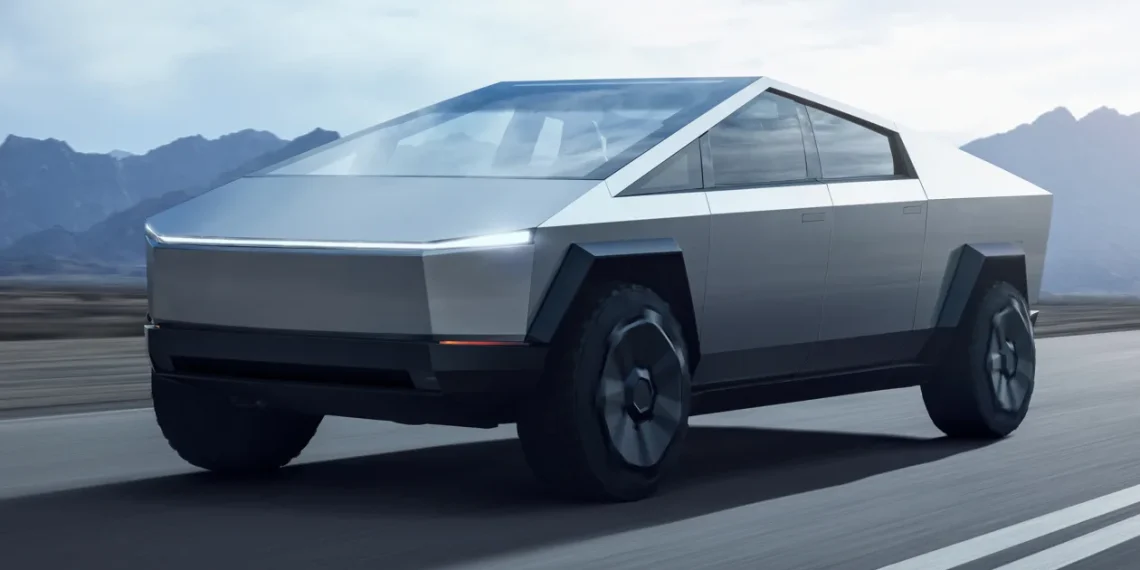Tesla is reeling from a dramatic collapse in sales in one of Europe’s most crucial EV markets—Germany. As the electric vehicle giant grapples with inventory issues and plummeting demand, analysts point to a perfect storm of political controversy, fading incentives, and shifting consumer sentiment as the culprits behind Tesla’s shocking decline.
The numbers are staggering. According to Germany’s Federal Motor Transport Authority (KBA), Tesla registered just 1,277 new vehicles in January 2025, a catastrophic 59.5% drop compared to the same month last year. This freefall has pushed Tesla down the rankings in Germany’s EV market, slashing its market share below 10%—a brutal fall from grace for a company that once dominated the sector.
Elon Musk’s Political Controversy—A Branding Disaster?
While Tesla’s struggles in Europe have been exacerbated by the end of government EV subsidies, no other automaker has suffered a collapse this severe. So, what’s different about Tesla? Many believe the answer lies with its CEO, Elon Musk.
Musk’s growing alignment with far-right politics—particularly his reported support for Germany’s controversial Alternative for Germany (AfD) party—has ignited a fierce backlash. In a country where political sensitivity runs deep, Musk’s statements have turned off German consumers in droves, sending Tesla’s reputation into freefall.
Germany’s EV Market Booms—But Tesla Gets Left Behind
What makes Tesla’s nosedive even more damning is that Germany’s overall EV market is thriving. KBA data shows battery-powered vehicle sales surged 53.5% year-over-year in January, meaning that while demand for electric cars remains strong, it’s Tesla that’s losing favor at an alarming rate.
In contrast, local EV giants Volkswagen, BMW, and Mercedes-Benz have successfully captured market share, leaving Tesla struggling to compete in a landscape that was once ripe for its dominance.
The Cybertruck: A Lifeline or a Liability?
Tesla has been banking on its newest offering—the highly anticipated Cybertruck—to reinvigorate its brand. But so far, the futuristic pickup is failing to live up to the hype.
The Cybertruck’s unconventional design and massive size make it a tough sell in Europe, where consumers favor sleek sedans and compact SUVs over heavy-duty trucks. Adding to the problem, European safety and emissions regulations could become a regulatory nightmare, delaying—or even preventing—the Cybertruck from hitting European roads.
Even in the U.S., where pickup trucks dominate, the Cybertruck’s sales performance is already raising eyebrows. Reports indicate that inventory is piling up as unsold Cybertrucks sit on dealer lots, casting doubt on whether Tesla’s boldest vehicle yet can truly deliver the revenue boost Musk is banking on.
Is Tesla’s Dominance Fading?
Tesla’s sales disaster in Germany is more than just a bad month—it’s a warning sign that the company’s once-unshakable grip on the EV market is slipping. With growing competition, regulatory hurdles, and a CEO whose political stances are alienating key markets, the road ahead for Tesla looks far from smooth.
Can Tesla course-correct before it loses even more ground in Europe? Or is this the beginning of a long-term decline for the once-unquestioned EV leader? As Musk continues to court controversy, consumers may be making their own verdict—with their wallets.










